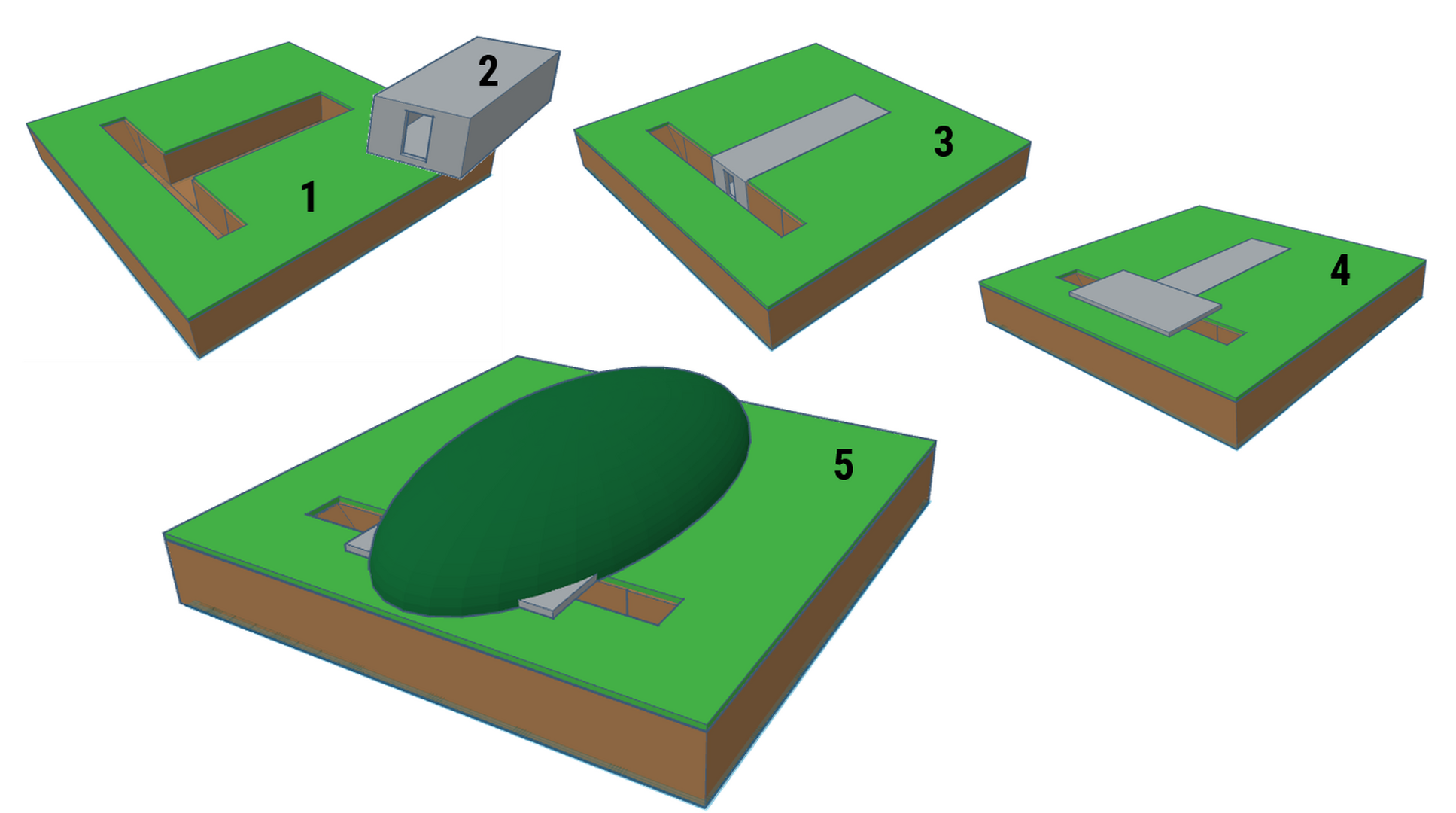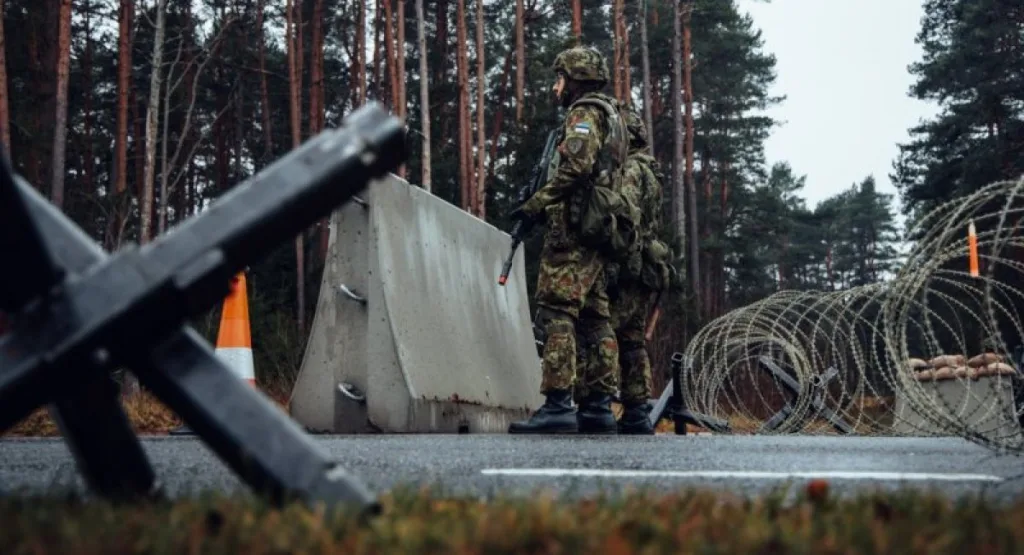Estonia, Latvia, and Lithuania to Build Baltic Defense Line on russian and belarusian Borders
During the meeting of Defense Ministers of the Baltic States in Riga January 19, Latvia, Lithuania and Estonia signed an agreement to establish a joint “Baltic Defense Line” to strengthen the eastern borders of their countries, the European Union, and NATO.
The ministers signed an agreement, according to which Estonia, Latvia and Lithuania will construct anti-mobility defensive installations on their borders with russia and belarus, mentioned in a statement of the Ministry of Defense of Estonia.
Read more: russian Troops Attempt to Cut Through Ukraine’s Avdiivka Supply Lines – Estonian Intelligence

“To build the anti-mobility defensive installations is a carefully considered and thought-out project, the need of which stems from the current security situation. russia’s war in Ukraine has shown that, in addition to equipment, ammunition, and manpower, physical defensive installations on the border are also needed to defend Estonia from the first meter,” Hanno Pevkur, Minister of Defense of Estonia, said.

“We are undertaking this effort so that the people of Estonia can feel safe, but if the slightest risk emerged, we would be ready for various developments more promptly,” Pevkur added.
Estonia has already announced plans to construct around 600 defensive bunkers along its border, so similar measures might be expected to be among those planned in Latvia and Lithunia.
Kaido Tiitus, adviser to the deputy secretary general at the Ministry of Defense for Defense Readiness, told ERR the ministry has been dealing with the issue since the second half of 2023.
The joint Baltic Defense Line remains conceptual at the moment, with little detail given about exactly what it will involve. More detailed “short term and long term” plans are due to be submitted to the Latvian government at the end of the month, Latvian Defense Minister Andris Sprūds promised.
“We will establish the Baltic Defense Line to defend NATO’s Eastern flank and deny freedom of movement for our adversaries,” Sprūds said on X.
The Defense Ministers also signed a Letter of Intent for HIMARS multiple rocket launchers, aiming to create a framework for the joint use of the weapon system in both peace and wartime.
Read more: belarus Adopts New Military Doctrine, Allowing for the First-Time Use of Nuclear Weapons

